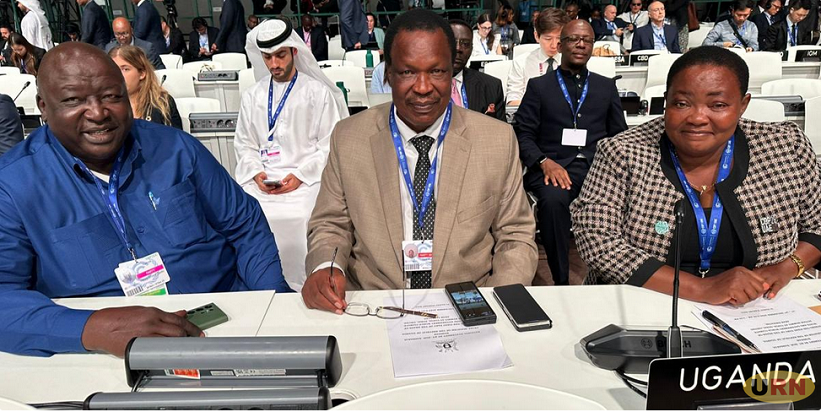Members of Parliament under the Muslim Parliamentary Caucus have dispelled fears that the operationalization of Islamic Banking services in the country is intended to convert Ugandans to Islam.
Their response follows the passing of the Income Tax Amendment Bill 2023 by the House during a plenary sitting chaired by Speaker Anita Among on Thursday with clauses meant to operationalize Islamic Banking products.
Asuman Basalirwa, the Caucus’s Chairperson explained that constitutionally, Uganda is a secular country, and thus, such fears among the citizens relating to the alleged Islamization of the country through Islamic financing products are misplaced.
Basalirwa, also the Bugiri Municipality Member of Parliament explained that sustainable development of Islamic finance offers benefits for economic growth, reducing poverty, and fostering shared prosperity amid threats of aid cuts by Europeans following the recent enactment of the Anti-LGBTQ+ law.
Butambala County Member of Parliament, Muhammad Muwanga Kivumbi said that Islamic financing will address the current high-interest rates on loans being offered by conventional banks and financial institutions in the country that are stifling economic growth.
Contentions emerged during the debate in the House over the definition of ‘interest’ as presented by the Government in comparison with what the holy Quran book stipulates. Under Islamic Financing, Muslim lawmakers insisted that interest on the loan is not allowed.
Citing the Quran, the Muslim legislators explained that Riba (interest on a loan) is not allowed because Islam considers the loan disbursed out not to help a person earn profit but bail them from a tough economic situation to regain financial freedom.
Other MPs including Naome Kabasharira, Rushenyi County Member of Parliament in Ntungamo, and Joseph Gonzaga Ssewungu, the Kalungu County West Representative raised concerns over understanding the Sharia Law and how the product works.
But Speaker Among addressed their concerns that Parliament will organize an orientation about Islamic financing so that in turn, they can ably explain the same to their constituents across the country.
Banking in Islam is a framework of saving money governed by Islamic law standards, also known as Sharia law. Sharia law requires that all Islamic financial and business transactions be based on transparency, accuracy, and disclosure of all necessary information so that one party does not have advantages over the other party.
The transparent nature of their dealings is supposed to make everything clear-cut and easy to understand with little room for surprise payments or hidden fees.
The Income Tax Amendment Bill 2023 under the Financial Institutions Act will be transmitted by Parliament to the President for the second time for assent. Once the President assents to it, it becomes an Act to operationalize the long-awaited Islamic Financing in Uganda.
Currently, Kenya, Tanzania, and Rwanda in the East African Community – EAC bloc are among the 50 nations across the world that have already rolled out Islamic Banking and financial services.
-URN





